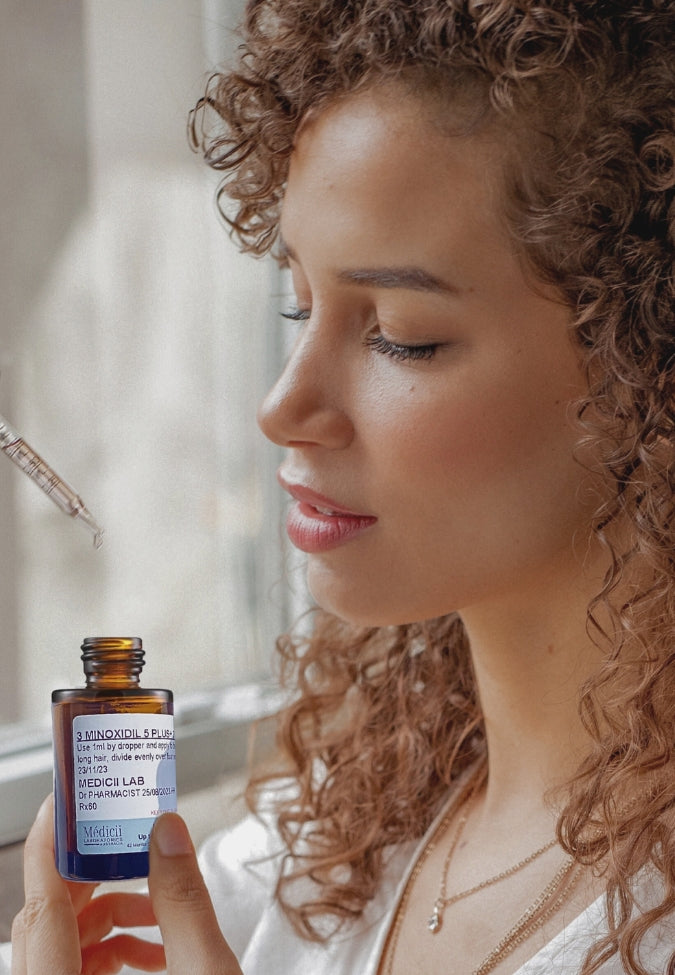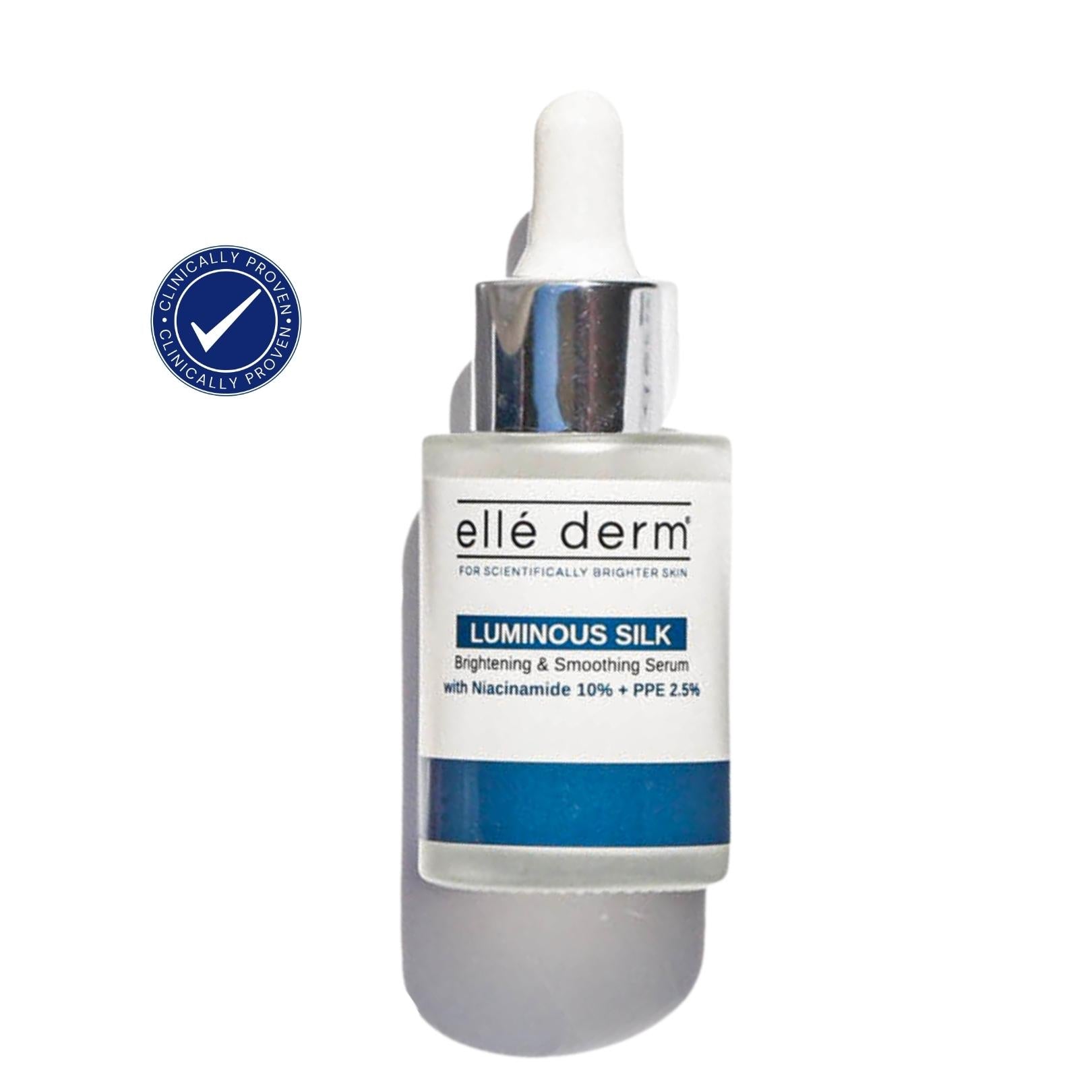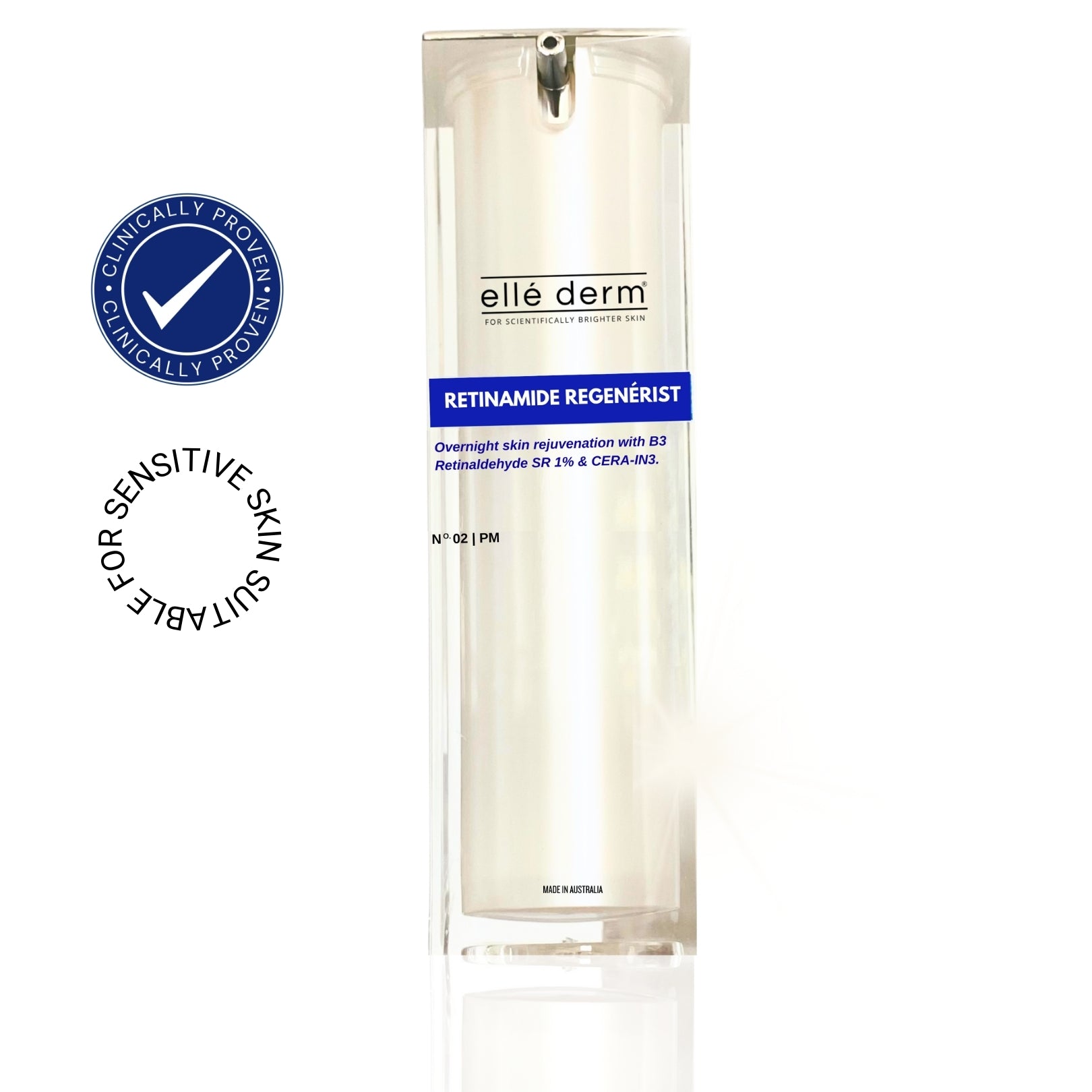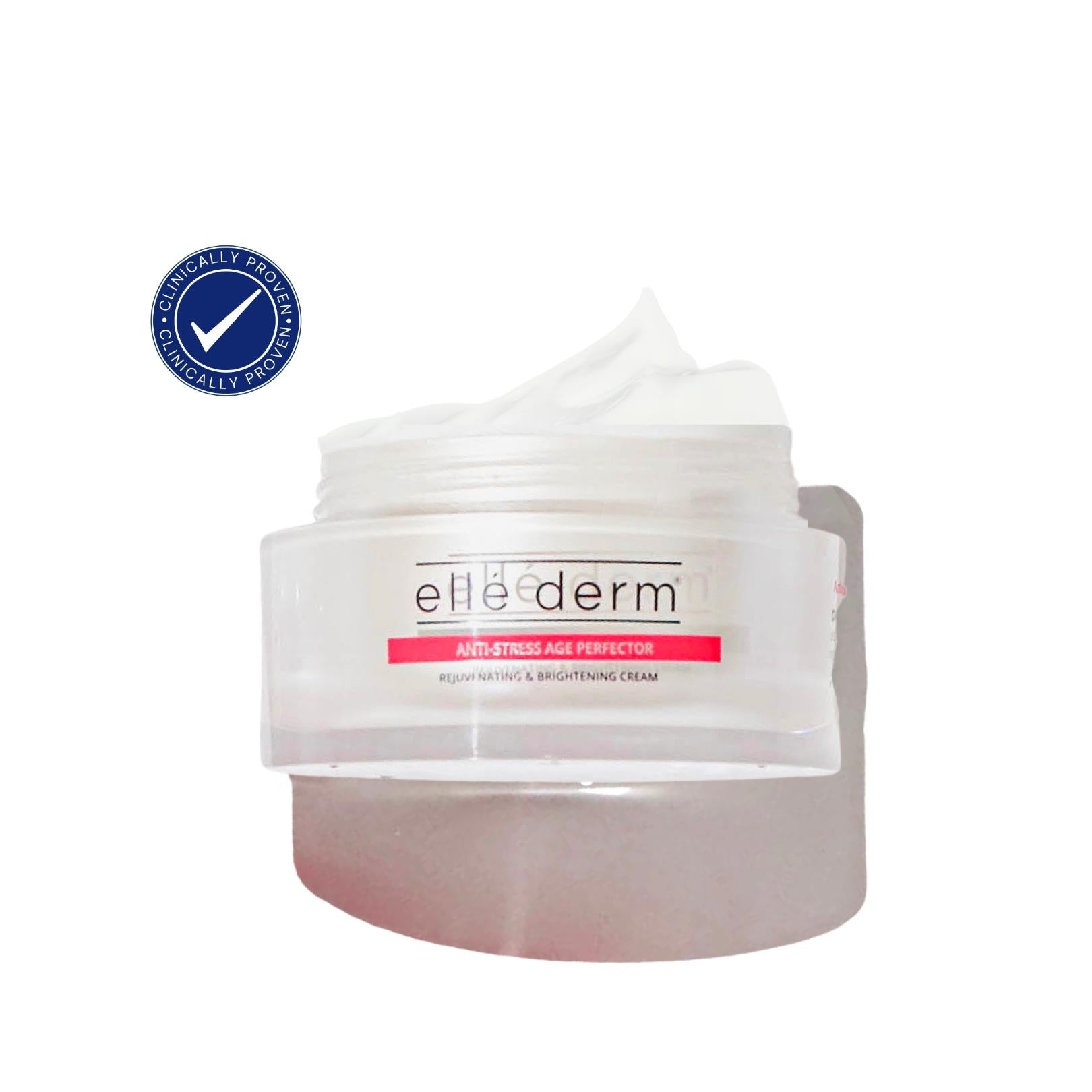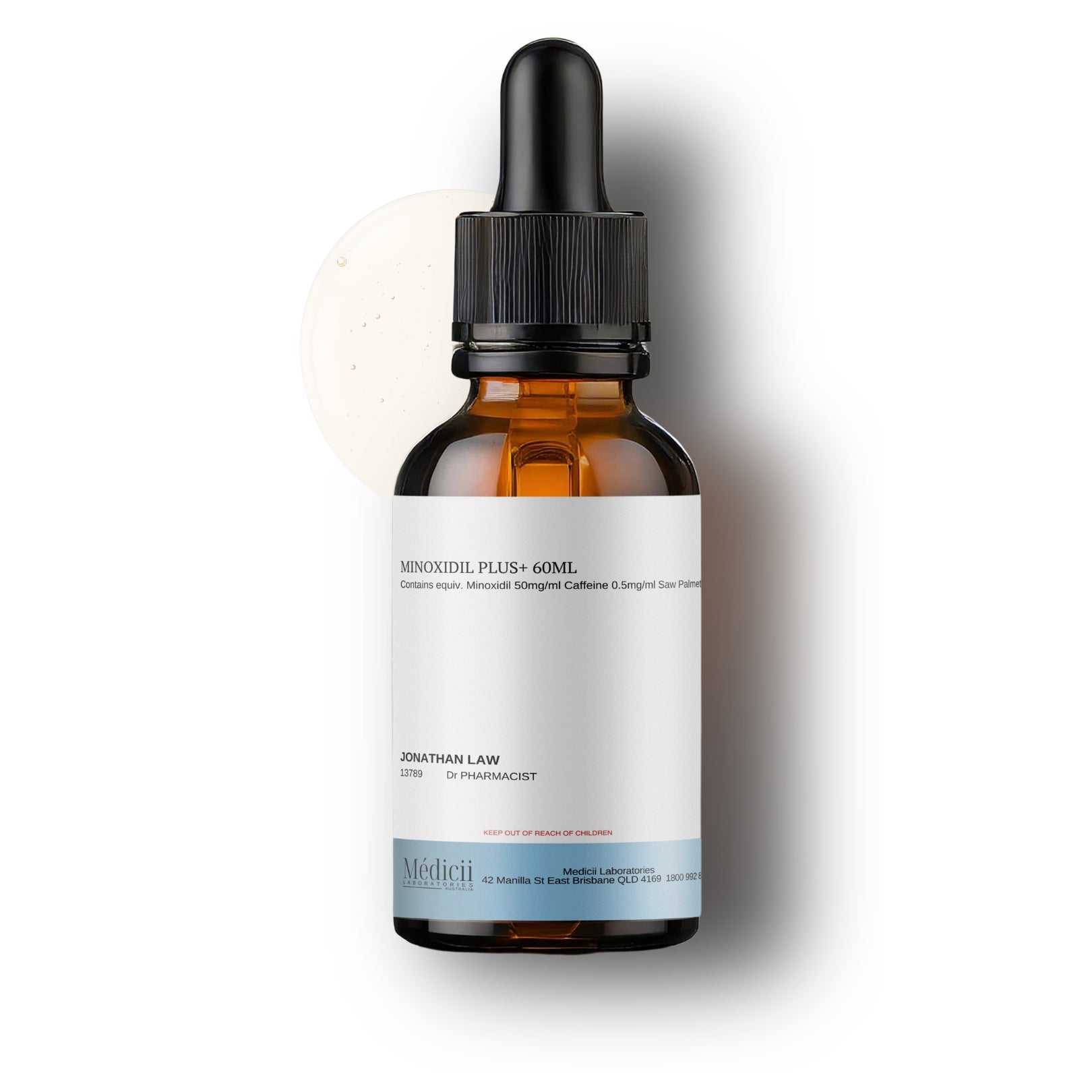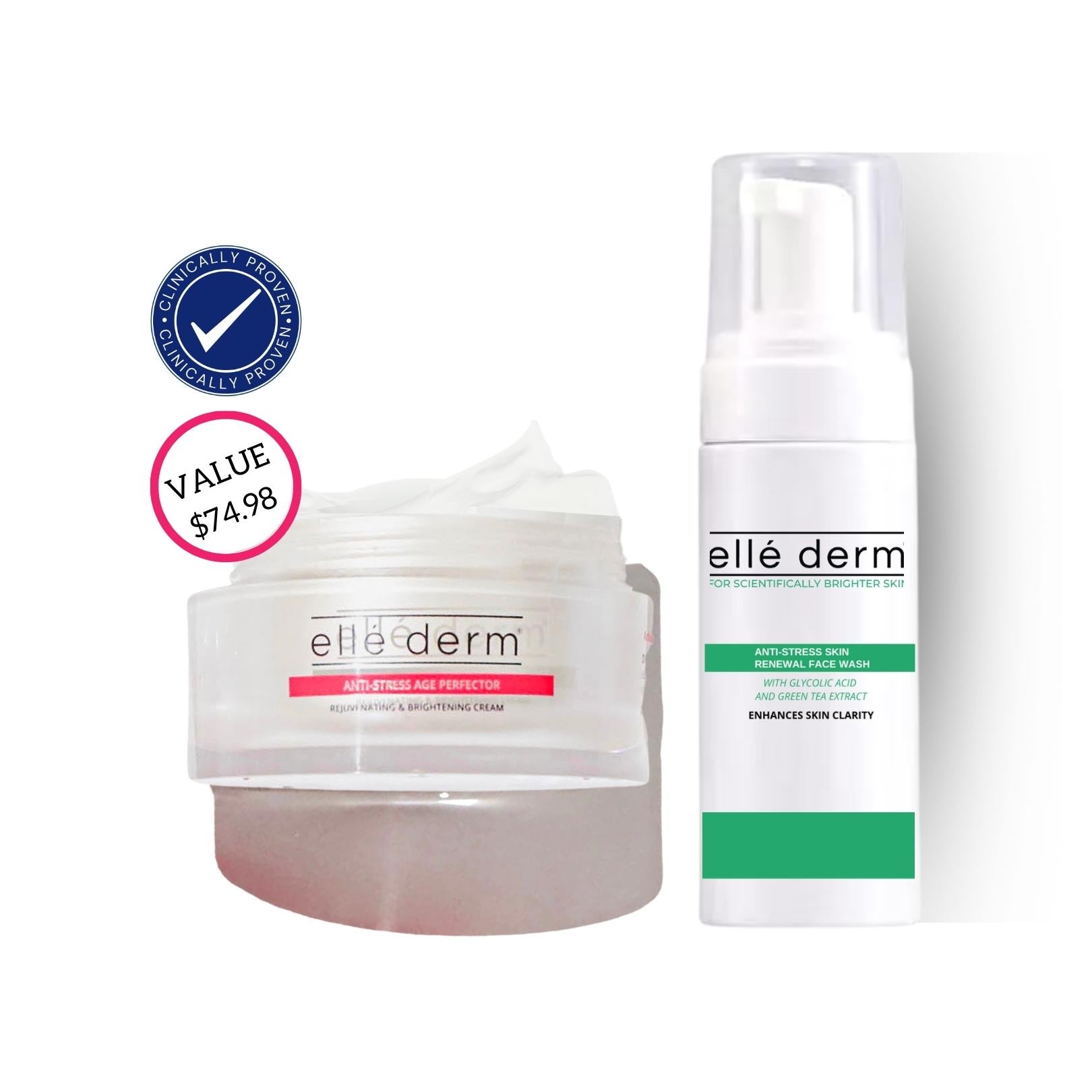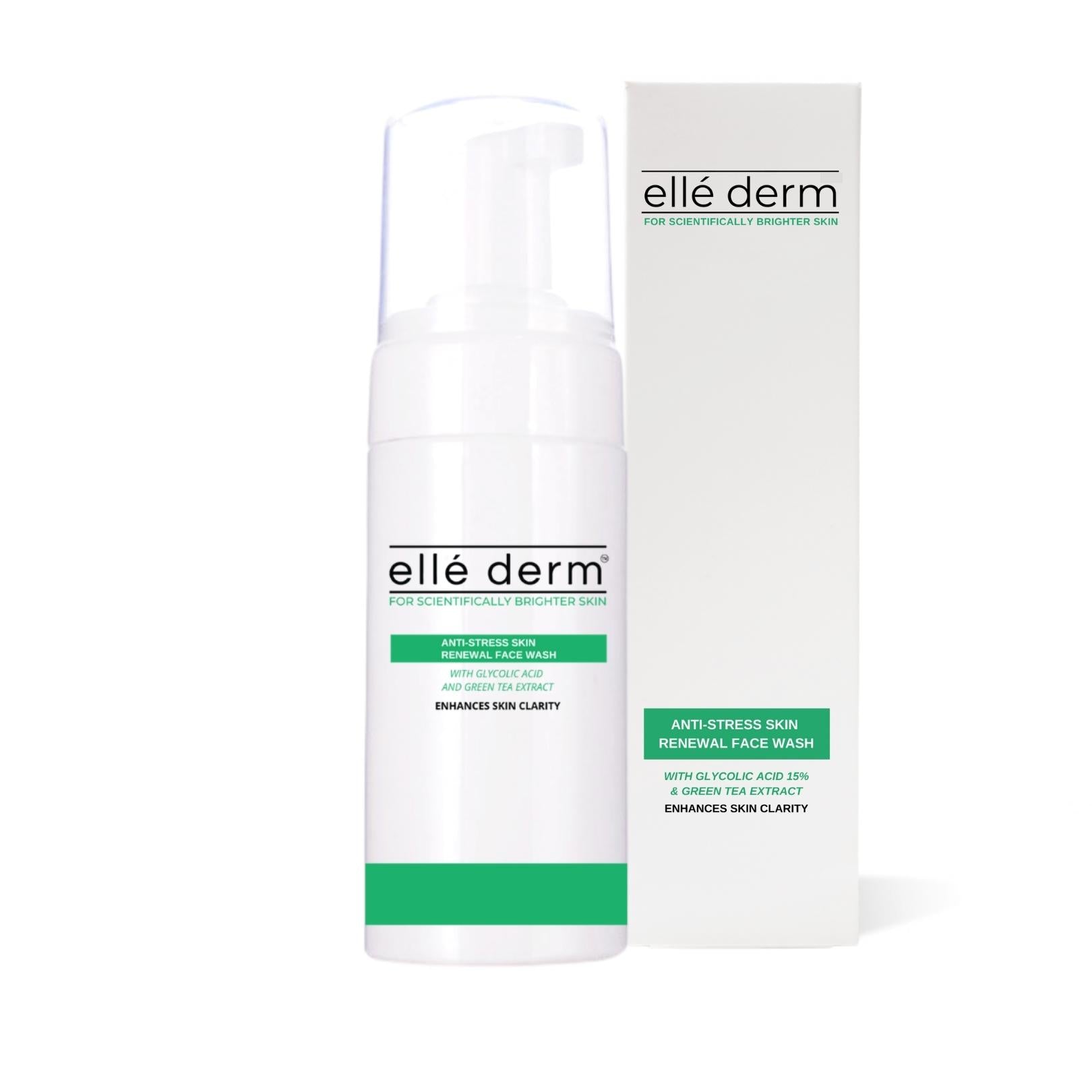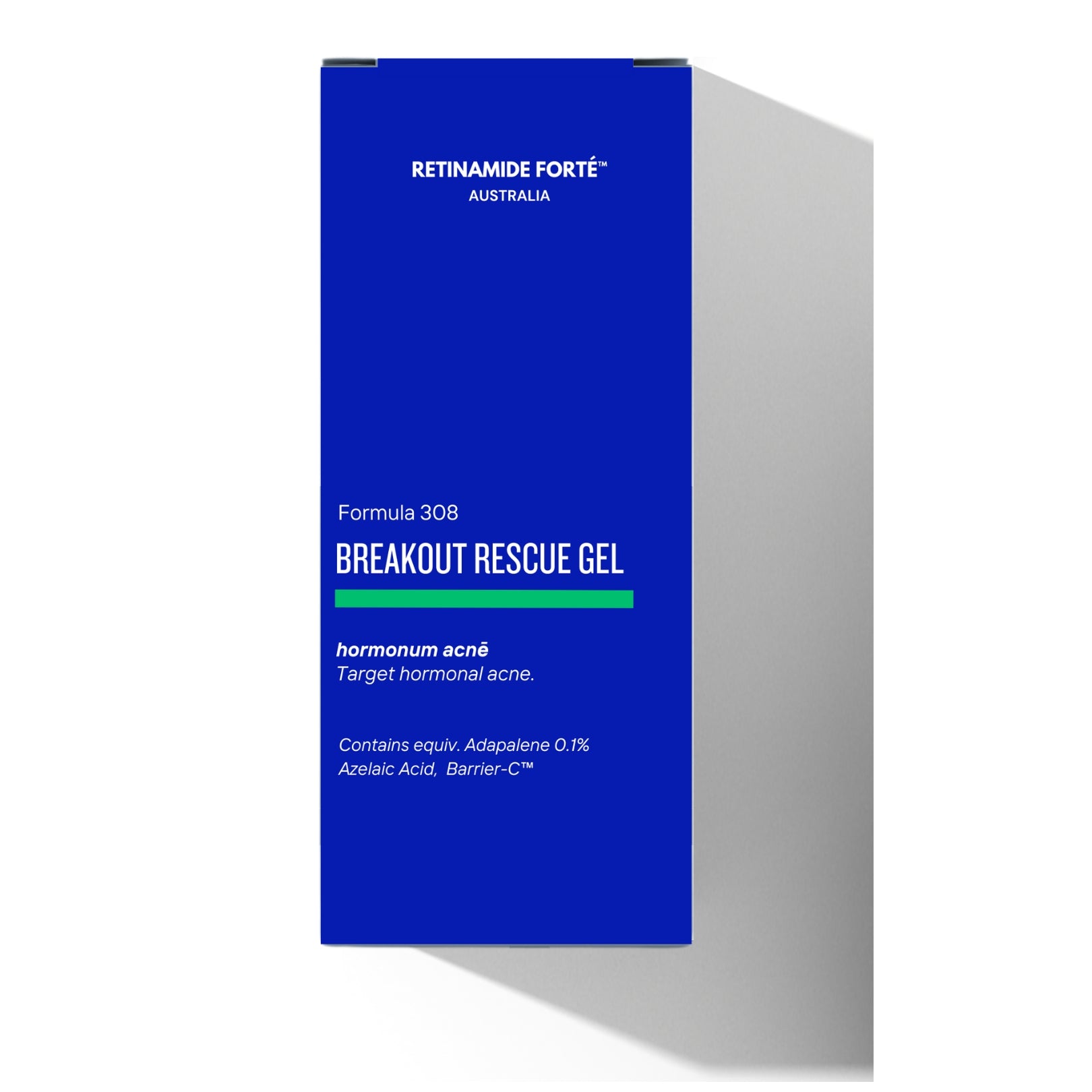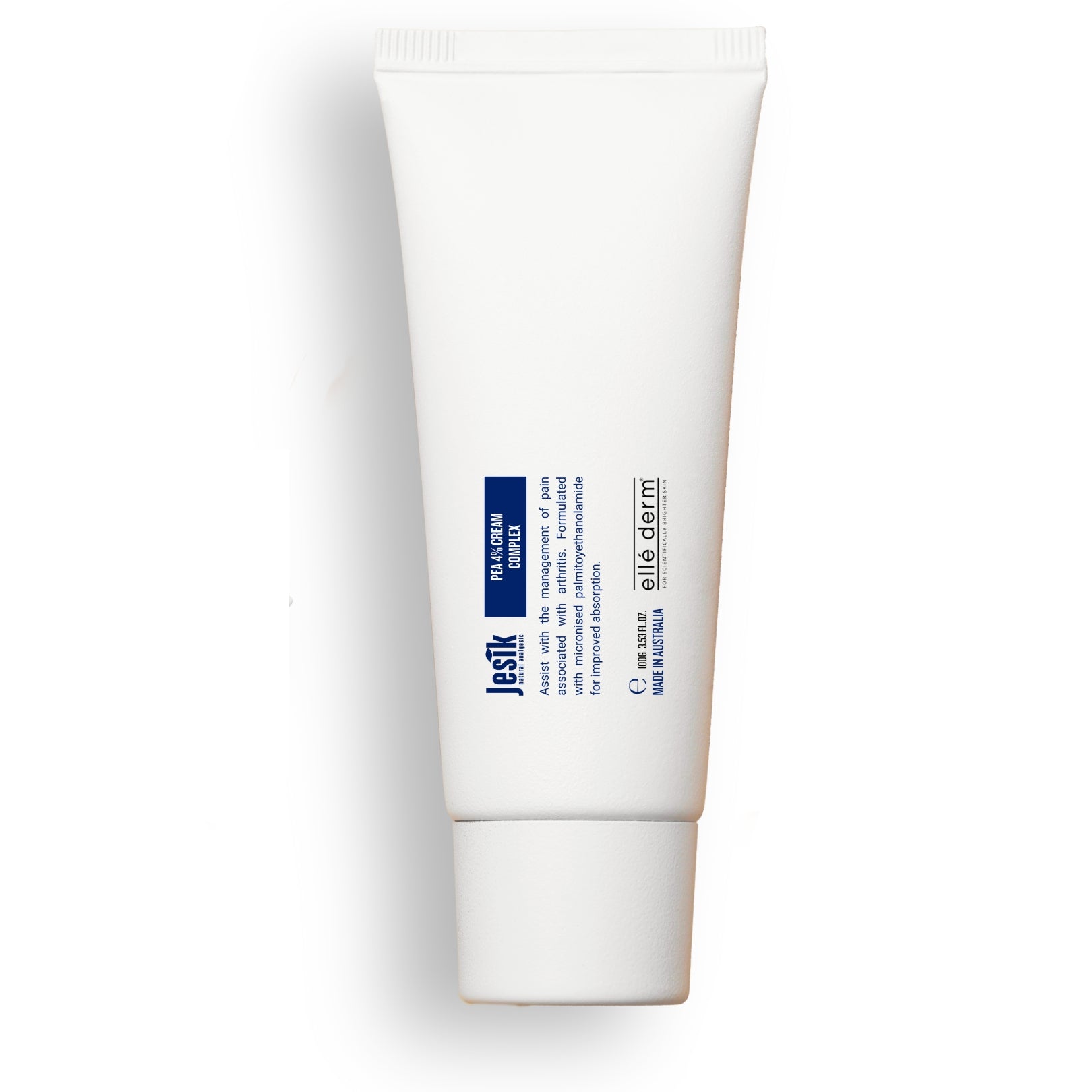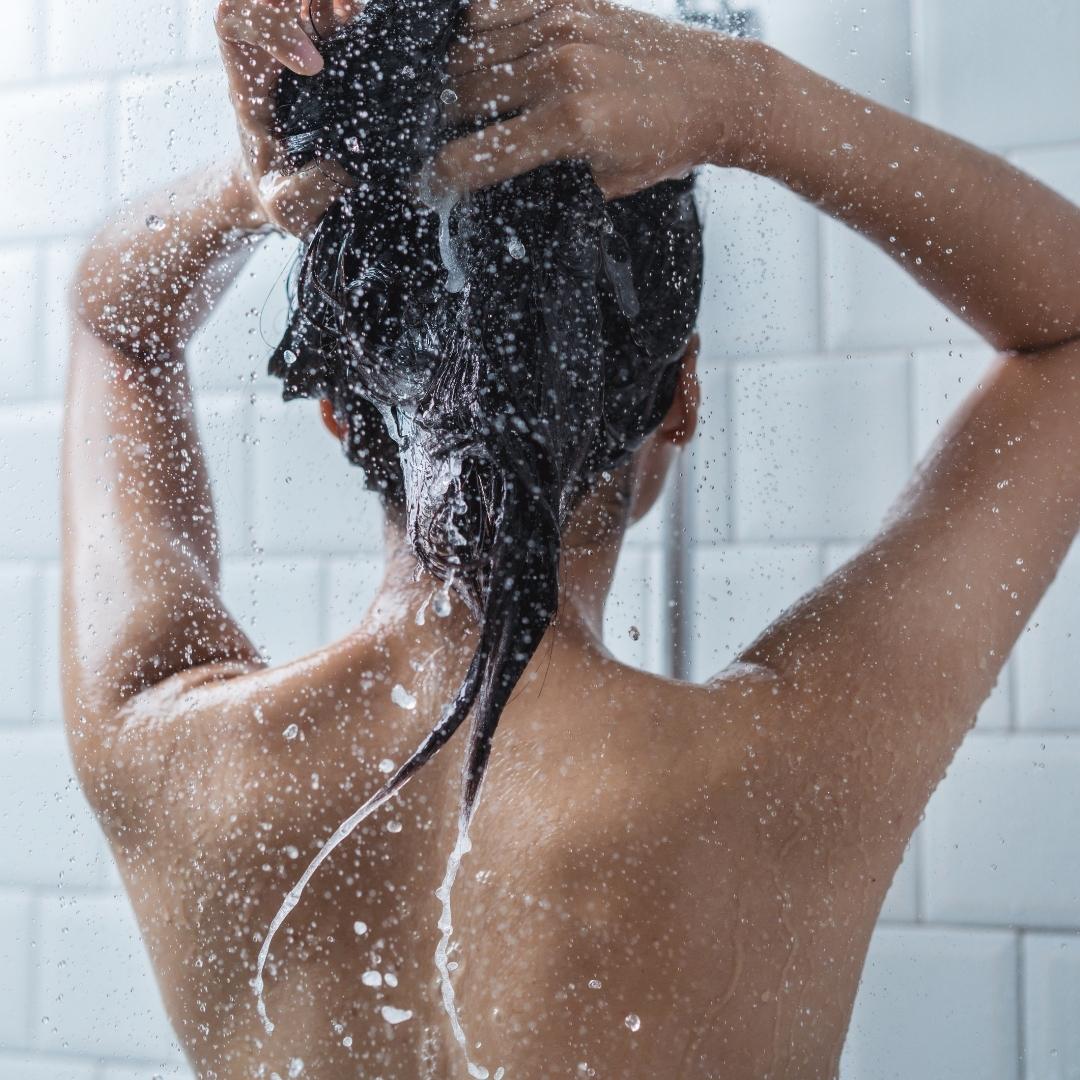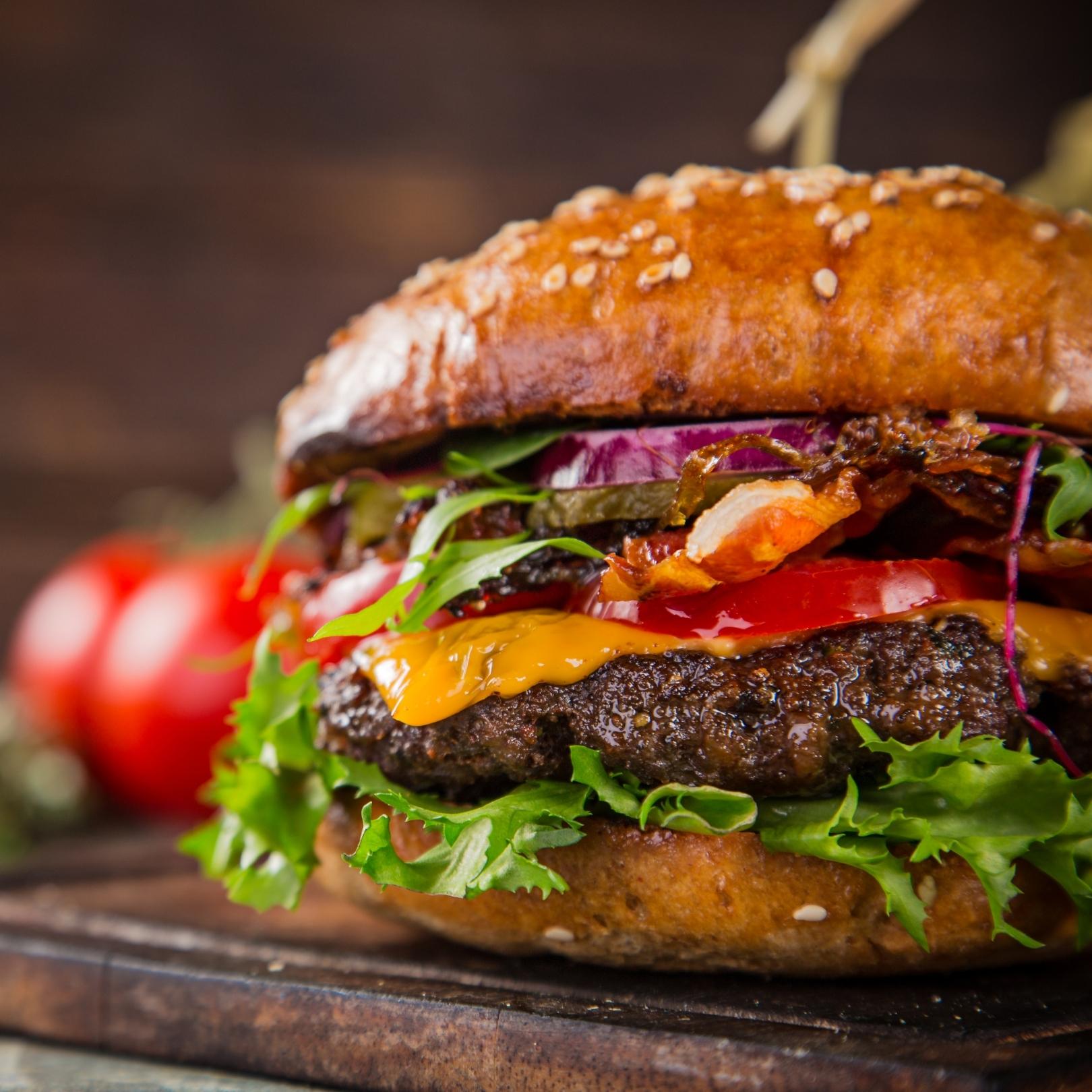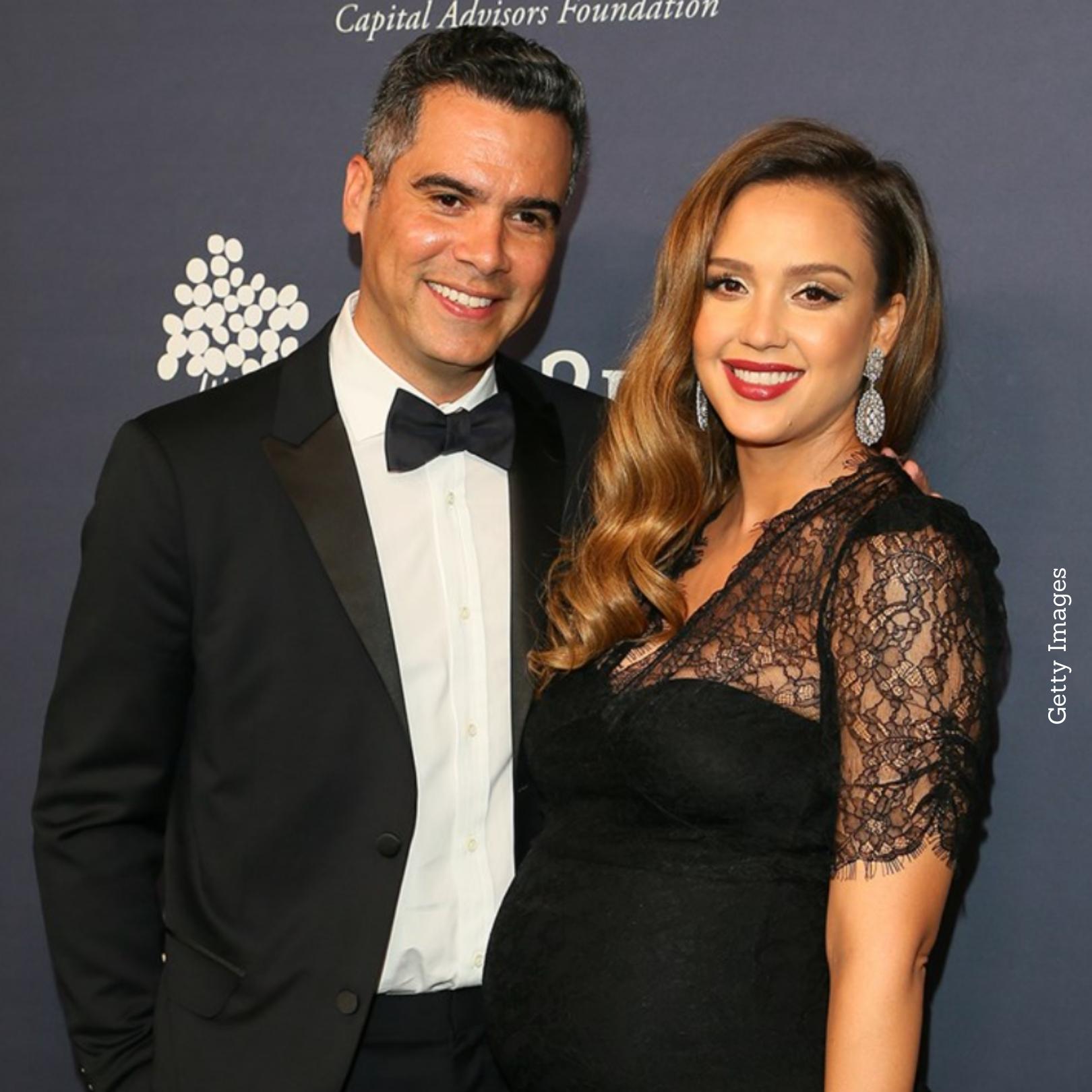
Pregnancy Safe Skincare: 5 Harmful Ingredients to avoid
When you find out you're pregnant, certain parts of your life may require small adjustments including storing away your favourite wine, avoiding certain foods, medicines and yes, this also includes some skincare ingredients. Similar to medicines and vitamins, skincare ingredients are absorbed through the skin and can be passed onto a developing baby.
If you are someone who has your AM/PM skincare routine down pat, it is always best to be on the cautious side for the next nine months.
Skin changes during Pregnancy: Yes, it can happen
Whilst some ladies are blessed with the mama glow for the entire nine months, others may undergo undesirable skin changes, all thanks to pregnancy hormones. These can include one or all of the following:
- Increased skin sensitivity,
- Pregnancy melasma (dark patches on the face) and
- Acne.
5 skincare ingredients to avoid during pregnancy and their alternatives
#1 Retinoids for Acne and Anti-aging
This includes:
- Retinol
- Retinaldehyde
- Retinoic Acid and
- Adapalene (available over the counter in the US).
The American College of Obstetricians and gynaecologists have recently endorsed the use of over-the-counter strength Azelaic Acid, Glycolic Acid, Salicylic Acid and Benzyl Peroxide for the management of acne during pregnancy.
You may find there is conflicting information out there regarding the use of Salicylic Acid and Glycolic Acid during pregnancy. Current research shows low concentrations are considered safe, such as Salicylic Acid 2% Wash and Glycolic Acid no higher than 5%. Higher concentrations presented in chemical peels should be consulted with OB/GYN before commencing.
In addition, Vitamin C and synthetic Peptides are considered safe alternatives for antiaging.
#2 Hydroquinone for hyperpigmentation
Hydroquinone is readily absorbed into the body and is best to avoid during pregnancy.
Vitamin C, Niacinamide and Licorice Root Extract are safe de-pigmenting alternatives and there is substantial research to support their claim.
#3 Chemical Sunscreen
Whilst there is still conflicting evidence on the safety of chemical sunscreens during pregnancy, mineral sunscreen such as Zinc and Titanium Dioxide is considered safe and is endorsed by Cancer Council Australia.
#4 Bakuchiol
Bakuchiol is promoted as a safe and natural alternative to Retinol.
However, there is currently not enough evidence to support their safety profile during pregnancy so it is recommended to check in with your OB/GYN before commencing.
#5 Parabens
Parabens are commonly used as a preserving agent in skin and hair care products and are slowly being replaced with newer preservatives on the scene such as Sodium Benzoate and Phenoxyethanol. They are also commonly found in body formulations and bland moisturisers such as Aqueous Cream. Needless to say, they have been around for a very long time!
Whilst there are conflicting data to suggest they can cause harm to the developing fetus, it is always best to be on the cautious side.
It is not always easy to adopt a new skincare routine that suits your particular skin type but with new technology and more brands to choose from, hopefully, the process will be far less daunting. Always check in with your OB/GYN for guidance if you are feeling unsure.
Author: Helen Lam (B.Pharm) MPS
References:
1: Skin Conditions During Pregnancy: FAQs. American College of Obstetrician and Gynecologists. Updated June 2020. Online access: https://www.acog.org/womens-health/faqs/skin-conditions-during-pregnancy?
2: Sunscreen FAQs. Cancer Council Australia. Online access: https://www.cancer.org.au/cancer-information/causes-and-prevention/sun-safety/about-sunscreen/sunscreen-faqs
3: Bozzo, P et al (2011). “Safety of skincare products during pregnancy”. The College of Family Physicians of Canada. Online access: https://www.ncbi.nlm.nih.gov/pmc/articles/PMC3114665/


